The Latest Experiment From Google Labs Uses Gemini To Help Teach You A New Language
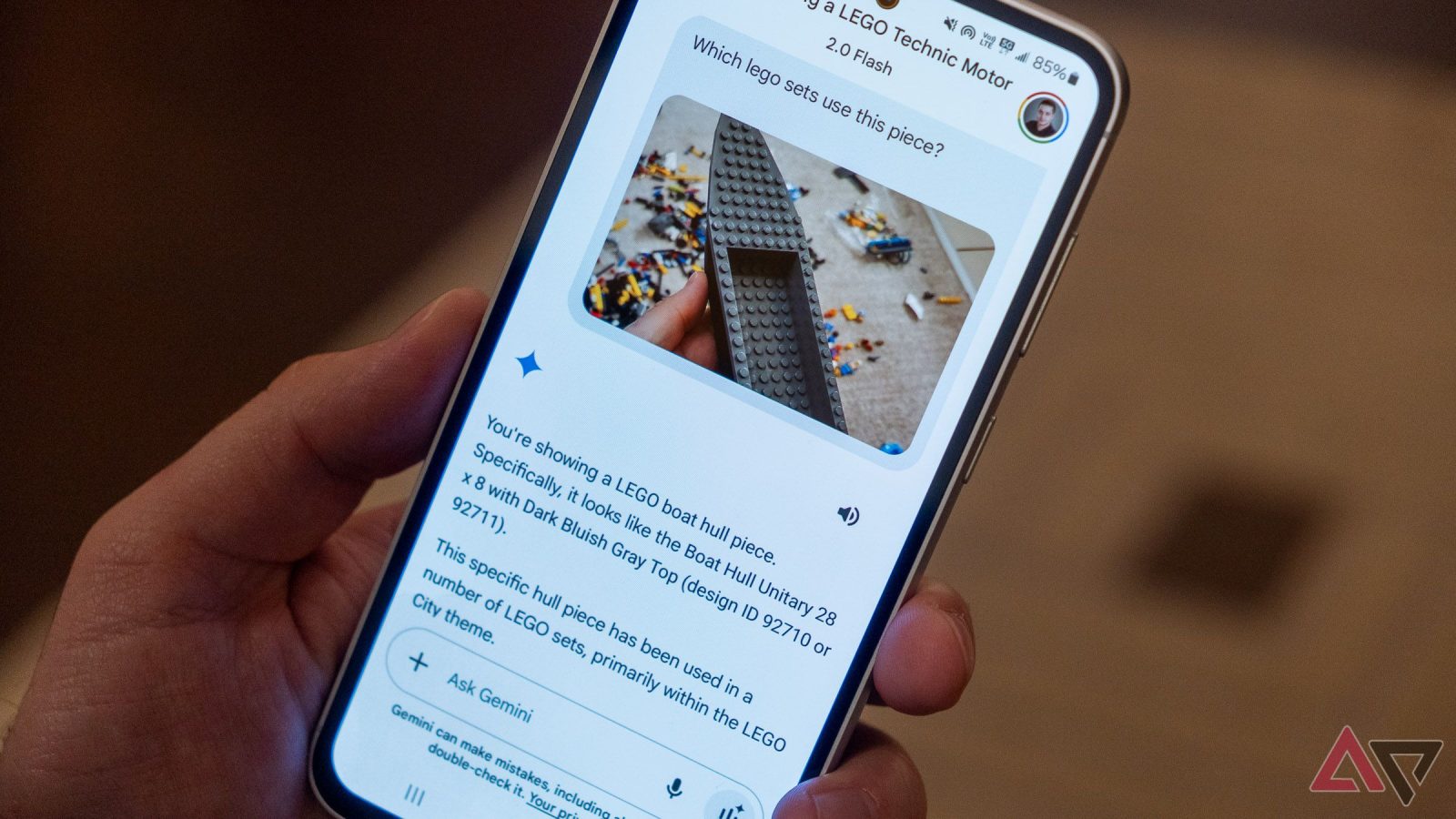
Summary
- Google has launched three new AI-powered language learning tools, Tiny Lesson, Slang Hang, and Word Cam, under its “Little Language Experiments” initiative.
- Tiny Lesson helps learners recall situation-specific vocabulary, Slang Hang generates realistic native speaker conversations, and Word Cam identifies and labels real-world objects in the learner’s target language using photos.
- These experiments are part of Google Labs’ ongoing efforts to enhance education with AI and are currently available for public testing.
Like most companies, Google’s team has clearly been working overtime to integrate AI into its services as much as possible. While AI has been creeping into nearly every field you can think of, education has been impacted significantly.
One of these AI tools includes Google’s very own AI-powered note-taking app, NotebookLM. While the tool has managed to become a household name for many students and researchers in the past few months and continues to grow in popularity, it didn’t start that way. In July 2023, it was introduced as an experimental project by Google Labs under the code name “Project Tailwind.” Given the tool’s success, Google ended up dropping its experimental label.

Related
Of course, NotebookLM is far from the only Google Labs experiment. Unfortunately, a lot of them get nuked before they even get the chance to shine. Google Lab’s latest experiment was just announced, and from what it looks like, it’s aiming to take on Duolingo to help you learn a new language. I played around with it, and I’m convinced that it might just make its way past testing and become a staple for language learners.
Google’s Little Language Experiments are clearly coming for Duolingo
As announced via a blog post on Google for Developers, the company debuted three new AI experiments, which Google calls Little Language Experiments. These are designed to help make the tedious process of learning a language easier. All three experiments were a result of Google’s engineers experimenting with the Gemini API, which grants them access to the latest generative models from Google. This means that all three of the bite-sized learning experiments are powered by Google’s multimodal large language model (LLM), Gemini.

Despite being a writer and working with words for a living, there have been many times when my mind blanks out completely, and a word or phrase is on the tip of my tongue — and I just can’t quite recall it in the moment, no matter what I do. Now, imagine the same situation with a slight caveat: you find yourself needing a specific word or phrase, but it’s in a language you’re still learning. This is exactly the kind of scenario Google Labs’ first experiment, Tiny Lesson, was designed for.

By describing a situation, like “booking a taxi,” Tiny Lesson compiles useful vocabulary, phrases, and grammar tips in the language you’re learning based on your scenario.

Whether you’re learning a new language using a gamified platform like Duolingo or the traditional way using a textbook, there’s something common between both methods — you’ll notice you end up sounding too formal. Even once you start feeling comfortable conversing in the language, there’s always a certain stiffness that can make your conversations feel too robotic.
While one way to get rid of the formal textbook language is through real-life interactions, that can be a challenge for many too. The second experiment of the Little Language Lessons, called Slang Hang, can help with this. Slang Hang allows you to “generate a realistic conversation between native speakers.” You can then analyze the conversation and hover over highlighted terms and learn their literal meanings, as well as when they’re used.

The conversation will be generated in your target language, though you can also choose to translate it into your native language. What’s cool about Slang Hang is that the scenarios generated are all unique and could be as mundane as “two coworkers meeting on the subway” to “a pair of long-lost friends unexpectedly reuniting at an exotic pet show.” When I tried it, here’s the scenario I got:
Meredith, a marine biologist, is inspecting a newly discovered, bioluminescent coral reef with Kai, a local fisherman who stumbled upon it. They’re currently aboard Kai’s boat, anchored just outside the reef’s perimeter. Meredith is buzzing with excitement, while Kai is cautiously optimistic about the potential tourism.
While the Tiny Lessons experiment is designed to help you learn situation-specific words and phrases so they’re never stuck on the tip of your tongue when you need them, what if you don’t have a specific situation in mind? Instead, you’d like to figure out words for things in front of you (or related words).
Word Cam, the last bite-sized experiment Google announced, can help with this. With this experiment, all you need to do is snap a photo, and leave the rest to Gemini. The AI assistant will detect objects in your photo, label them in your target language, and also provide you with additional words you can use to describe them.

All three of the experiments under Little Language Lessons are just an “early exploration.” However, Google states that such experiments hint at exciting possibilities for the future. You can try all three of these experiments for yourself by heading to this Google Labs webpage.
What’s your reaction?
Love0
Sad0
Happy0
Sleepy0
Angry0
Dead0
Wink0
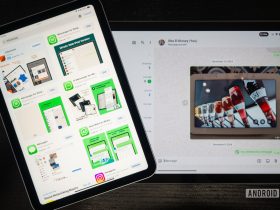

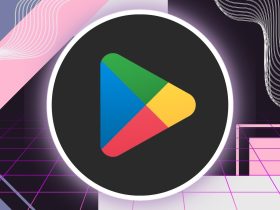

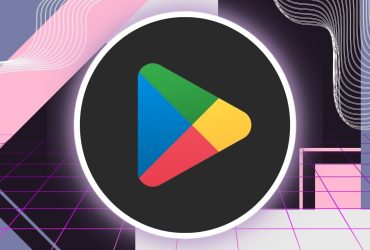
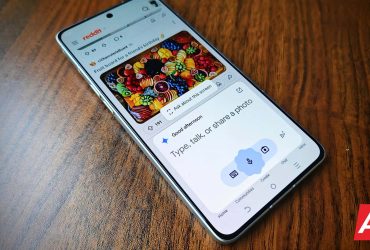
Leave a Reply
View Comments